Tired of Renting? Here’s How to Buy Your First Home in 2025
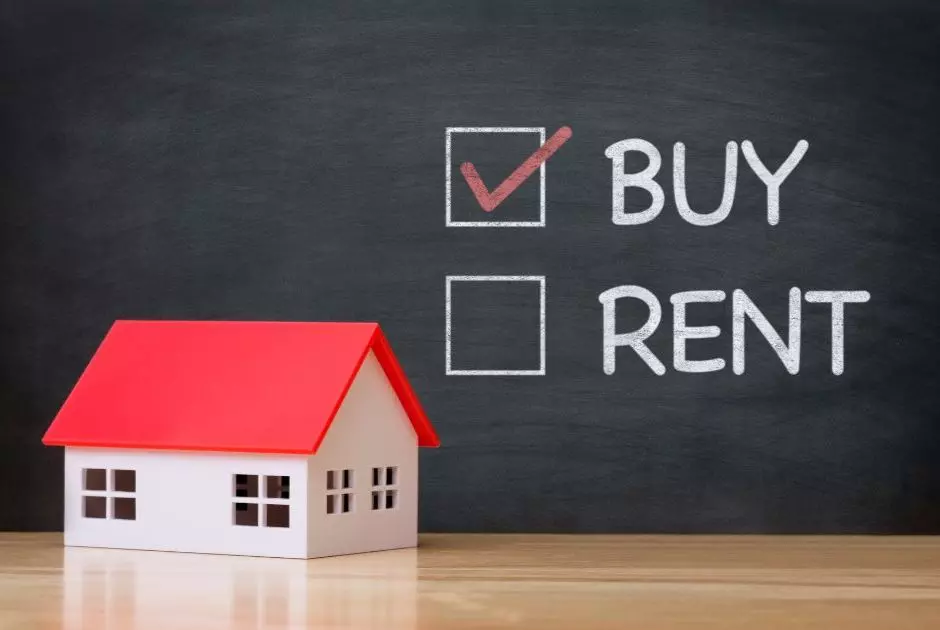
Tired of Renting? Here's How to Buy Your First Home in 2025
Are you tired of paying rent and feeling like you're throwing money away every month? You're not alone. Across Virginia, renters are feeling the squeeze of rising costs and limited options. If you’ve been daydreaming about a home to call your own—where your payments build your future instead of someone else’s—you’re already ahead of the game. But that dream can feel out of reach, especially if you’re not sure where to begin.
The good news? Buying your first home in 2025 is more possible than you might think. Whether you’re a military family PCSing to Virginia, a renter ready to put down roots, or someone exploring homeownership for the first time, this guide will walk you through the entire journey—from saving for a down payment to getting the keys to your first home.
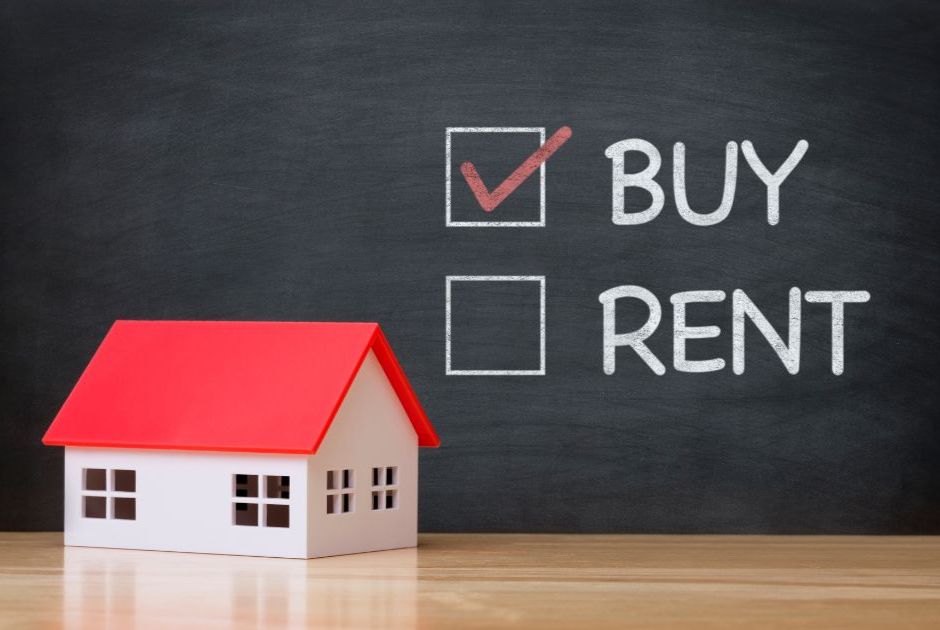
2025 is shaping up to be a golden opportunity for first-time buyers in Virginia. While home prices are steady and rents continue climbing, a window of affordability has opened up—especially for buyers who know how to take advantage of VA loans, down payment assistance, and low interest mortgage options. If you're renting, this means the money you're spending each month could be working for you instead of against you.
Take it from a recent client of mine, a young couple who had been renting in Fredericksburg for several years. They assumed they needed 20% down to buy, but after learning about a Virginia Housing program that helped with closing costs and down payment support, they bought a three-bedroom home in Locust Grove—with less than $5,000 out of pocket! They were shocked at how doable it was. And you can be, too.
Step 1: Get Clear on Your Budget
The very first step is understanding how much home you can afford. That doesn’t just mean how much a lender says you can borrow—it’s about what feels comfortable for your lifestyle and goals. Start by looking at your monthly income, debts, and any savings you can apply toward a down payment or closing costs.
Mortgage calculators can help you visualize what your future payments might look like, including taxes, insurance, and HOA fees if applicable. This step helps you stay grounded once you start looking at homes (and falling in love with ones that may be outside your range).
Step 2: Get Pre-Approved for a Mortgage
Getting pre-approved for a mortgage is one of the first—and most important—steps in your home buying journey. A pre-approval not only shows you how much you can afford, but it also signals to sellers that you’re a serious, qualified buyer. Here’s why it matters:
-
Determines Your Budget and Affordability
A pre-approval gives you a clear picture of your buying power. It tells you the maximum loan amount you’re eligible for, helping you shop within your budget and avoid falling in love with homes you can’t afford. -
Sends a Strong Signal to Sellers
Sellers take pre-approval letters seriously. Having one in hand shows you’ve done your homework and are ready to make an offer. In a competitive market, this can give you an edge over other buyers who haven’t been pre-approved. -
How the VA Loan Can Help (For Military Buyers)
If you’re military or a veteran, the VA loan is a fantastic benefit. Here’s what makes it stand out:-
0% down payment—you can buy a home with no money down, making homeownership more accessible.
-
No mortgage insurance—VA loans don’t require PMI (private mortgage insurance), saving you money each month.
-
Competitive interest rates—VA loans typically offer some of the lowest interest rates, which can save you thousands over the life of the loan.
This makes the VA loan an excellent choice for military families looking to buy their first home.
-
-
Alternatives to the VA Loan: FHA & Conventional Loans
If you’re not eligible for a VA loan, there are other options that may be a good fit:-
FHA loans: These government-backed loans are often ideal for first-time buyers because they allow for a lower down payment (as low as 3.5%) and are generally easier to qualify for.
-
Conventional loans: These loans are offered by private lenders and typically require a higher credit score than FHA loans but may offer more flexible terms and better rates if you qualify.
-
Many first-time buyer programs are available to help make homeownership more accessible, whether it’s through down payment assistance or more favorable loan terms. These programs often make FHA and conventional loans even more attractive by reducing upfront costs. Getting pre-approved early means you’re not left guessing about your budget or waiting for approval during a time-sensitive situation. You’ll have a clear idea of what you can afford and can make informed decisions on homes that fit within your price range. This minimizes surprises when it’s time to make an offer. With a pre-approval in hand, you’ll have the confidence to start looking at homes that you know you can afford. It gives you a clear price range to focus on, helping you avoid wasting time on homes that are out of your budget, and also steering clear of homes that could stretch your finances too thin.
Step 3: Think Long-Term About Where You Want to Live
When it comes to finding your dream home, the neighborhood you choose plays a huge role in your overall satisfaction. It’s not just about how close you are to work or where the home is located on the map—it’s about how the neighborhood fits your lifestyle and long-term needs. Whether you're commuting to a military base, working remotely, or want to be closer to family, you’ll want to prioritize the factors that matter most to you.
Consider things like school ratings if you have children or are planning to in the future. Schools can significantly impact both your day-to-day life and the resale value of your home. Think about distance to essential services—how far are you from grocery stores, healthcare providers, or your favorite coffee shop? Convenience matters, especially when it comes to everyday life.
Also, keep an eye on the future development plans for the area. Is the neighborhood experiencing growth or revitalization? That can influence the property’s value over time, as well as your quality of life. Additionally, think about the community vibe—is it a quiet, suburban setting, or are you looking for something more vibrant with access to restaurants, entertainment, and outdoor activities. When you take all these factors into account, you'll make a more informed decision about where you’ll be happiest long-term.
✅ Choosing the Right Neighborhood: It's About More Than Just Location—It’s About Your Lifestyle
Step 4: Partner With the Right Real Estate Agent
This is where I come in. As a real estate agent who specializes in first-time home buyers, military relocations, and renters becoming homeowners, I bring not just experience—but empathy. I’ve helped dozens of families navigate this transition, and I understand the fears, questions, and financial concerns that come up.
My job is to simplify the process, uncover savings opportunities, and advocate for you every step of the way. Whether it’s new construction, land purchases, or resale homes—I’ve got your back.
Step 5: Find “The One” (and Stay Grounded)
House hunting is exciting, but it can also become overwhelming. That’s why I encourage all my clients to make a “must-have” and “nice-to-have” list before we even tour homes. That way, you’re anchored to what really matters—your budget, lifestyle, and goals.
Sometimes the first home you see will be perfect. Other times, it might take a few tries. I’ve had clients fall in love with a house only to discover major repair issues—and we walked away. Two weeks later, they closed on a better home in better condition, all within their price range. That’s the power of patience and guidance.
Step 6: Make an Offer and Close With Confidence
Once you find the right home, it’s time to make an offer. I’ll run a comparative market analysis to ensure we’re not overpaying and help structure the offer to be both competitive and protective. From there, we’ll navigate the appraisal, inspections (home inspection, pest inspection, and Radon inspection) and final steps toward closing.
This is where a lot of buyers start to feel anxious—but don’t worry. I’ll be there to guide you through every signature, every document, and every “what if” that pops up.
❓Do I really need 20% down to buy a home? Absolutely not. Most of my first-time buyers use programs that require just 3–5% down—or none at all, in the case of VA loans.
❓Is it smart to buy with student loans? It depends on your overall financial picture, but yes—many buyers with student debt still qualify for a mortgage. We’ll take a look at your debt-to-income ratio and work through options.
❓Is 2025 a good year to buy? If you’re financially ready, yes. You’re buying a home to live in and grow into—not trying to time the market like a stock.
One of the biggest hurdles for renters becoming buyers is the down payment—but here’s the truth: you don’t have to do it alone.
Virginia offers several programs that help first-time buyers bridge the gap, including Virginia Housing grants, second mortgages, and city- or county-specific assistance. These programs can lower your out-of-pocket costs dramatically. Even if you think you earn too much or have too little saved, it’s worth exploring. I help my clients identify these programs all the time.
Let’s take a look together and find out what you’re eligible for.
Ready to Open the Door to Your First Home?
You don’t have to stay stuck in the rental cycle. Homeownership might feel intimidating, but with the right knowledge and support, it becomes a clear and achievable goal. The truth is, there’s never going to be a perfect time—but there is a right time for you.
If 2025 feels like your year to finally break free from rent and start building something of your own, I’d love to help you make it happen.
📞 Let’s Chat
Schedule a free, no-pressure consultation and let’s talk through your options. I’ll answer your questions, connect you with trusted lenders, and help you create a plan that makes sense for your budget, lifestyle, and timeline.
Or grab my Free First-Time Buyer Guide—a helpful resource packed with tips, checklists, and answers to the questions no one else seems to answer.
Let’s turn your “someday” into “this year.”
Categories
Recent Posts
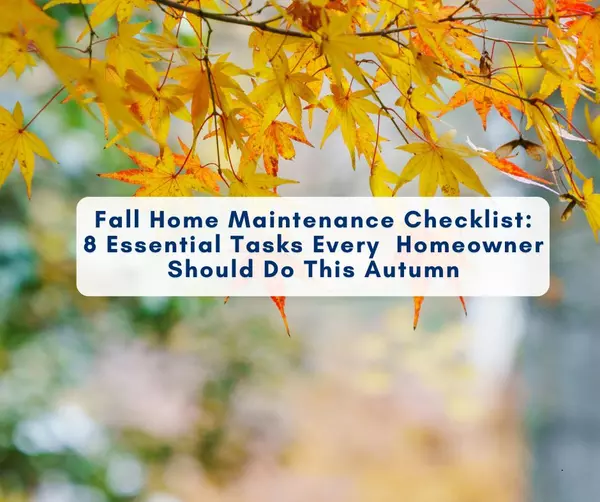
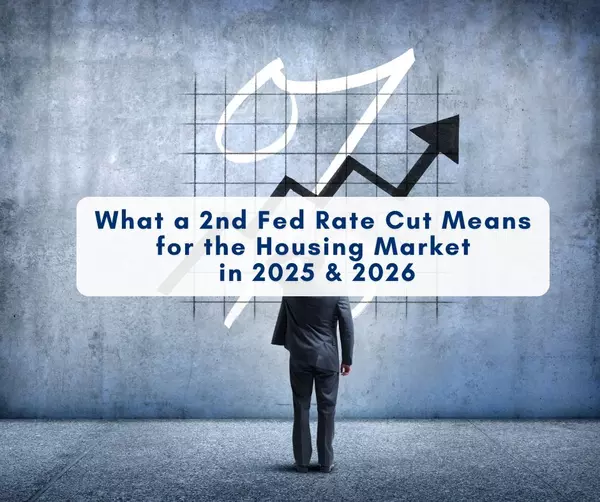
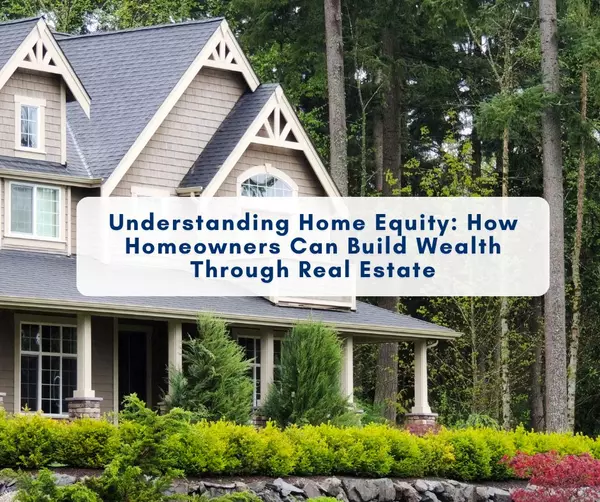
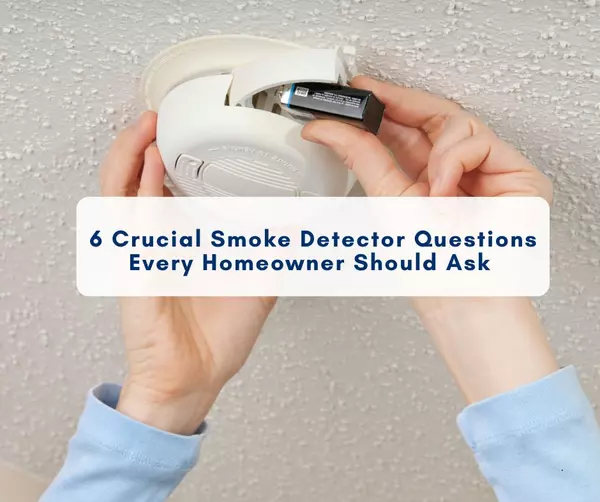
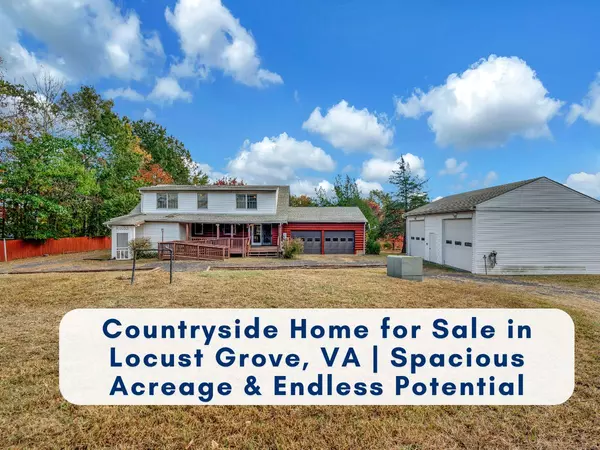
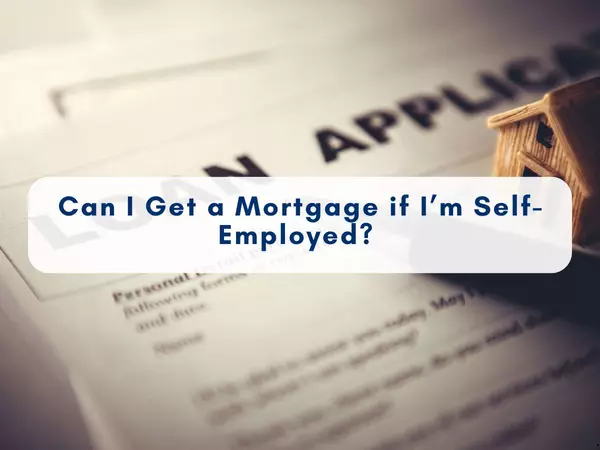

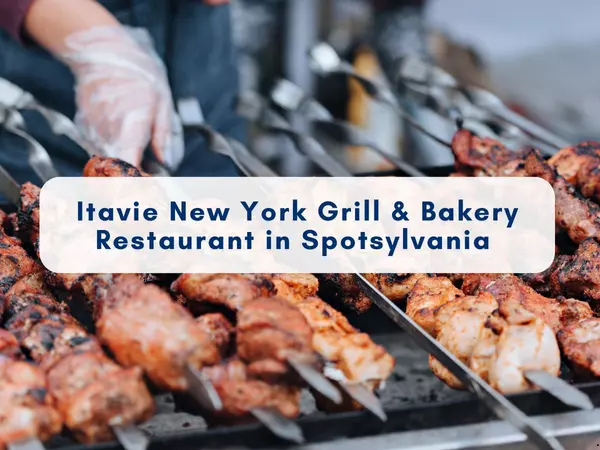
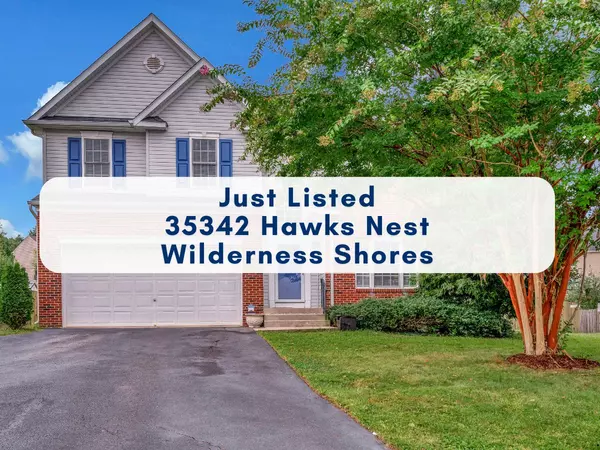
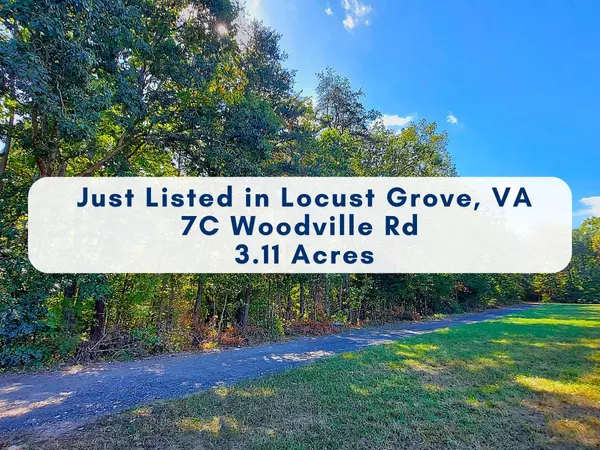

Buying a home isn’t just a financial decision—it’s a deeply personal journey filled with hopes, dreams, and big life changes. That’s why choosing the right real estate professional is one of the most important steps you can take.
A knowledgeable and experienced REALTOR® does more than open doors and write offers. They’re your advocate, your problem-solver, and your steady guide through what can sometimes feel like an overwhelming process. Whether it's navigating a competitive market, negotiating on your behalf, or keeping things on track behind the scenes, the right agent is there to protect your interests every step of the way.
In the end, buying a home should be an empowering experience. With the right person by your side—someone who brings both expertise and heart—you can move forward with confidence, knowing you're in good hands with Sean Jones.
GET MORE INFORMATION
